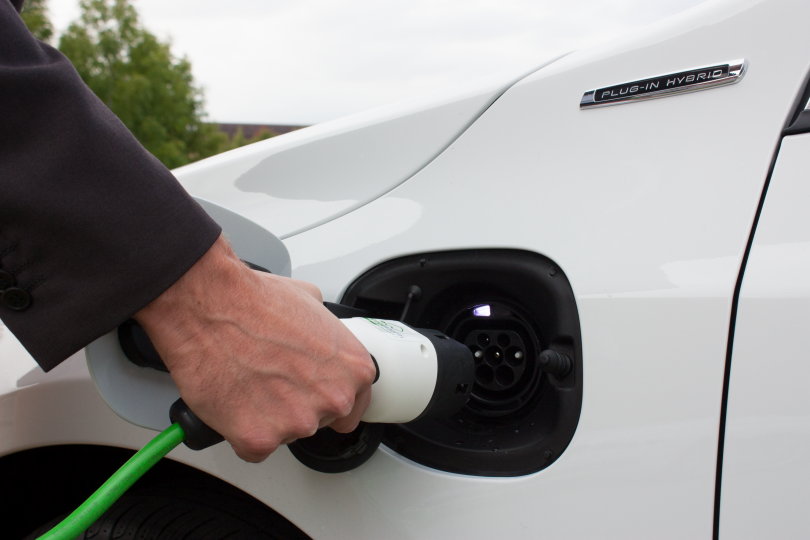Data sharing and digitalization to speed up the electrification of transport – VTI produces final report on government assignment

To achieve its climate goals, Sweden needs to speed up the electrification of all modes of transport. Data sharing and digitalization play a central role and VTI’s government assignment has been to find out how this can be made possible. The conclusions are formulated in the form of recommendations that will contribute to the rapid, smart and efficient electrification of the transport sector.
The study has resulted in recommendations aimed at facilitating data sharing and the utilization of data for the planning, development and operation of a charging infrastructure and business models.
Data sharing and digitalization are the main focus of the last of VTI’s seven reports on the electrification assignment submitted to the government on Friday. VTI is thus on target with its final delivery with its assignment to advance knowledge regarding the electrification of the transport sector. It has been a challenging assignment for the 20 or so participating researchers to produce so much new knowledge about one of today’s biggest transition issues over the course of just over a year.
“We have adopted a multidisciplinary approach that has involved both technology and social sciences. We see that all sectors of society must be involved in the transition work at the same time and in collaboration. Otherwise, the electrification process runs the risk of dragging its heels,” says research coordinator Arne Nåbo, who has led the government assignment on the project.
The report is much more comprehensive compared to previous reports and contains five sub-studies. The common denominator is the data sharing and digitalization needed to link the energy and transport sectors and all those who will directly or indirectly participate in the electrification process. The study has resulted in a number of recommendations to facilitate data sharing and the utilization of data for the planning, development and operation of charging infrastructure and business models.
In addition to a charging infrastructure, hydrogen is also being studied as an energy carrier. Development is still in its infancy for large-scale use in industry, society and the transport sector. A comparison, therefore, between different countries is of particular interest, especially with regard to what their hydrogen investments can mean for road transport.
The study describes how operators today share data and what difficulties they see in terms of data availability, sharing and utilization, both now and in the future. The operators see problems with gaining access to data and are hesitant to share it due to such things as privacy issues and GDPR regulations. At the same time, digitalization is needed to streamline the planning, development and operation of the infrastructure. Therefore, data sharing needs to take place in a secure and well-thought-out way to avoid data ending up in the wrong hands.
“It is important that operators understand the regulations as to how data may be handled. It is not good if data sharing is limited due to a lack of knowledge. It’s about data sovereignty – creating the conditions for compliance to regulations and maintaining control over shared data. It will also be important to comply with the regulations on data sharing that are developed for the European market,” says Arne Nåbo.
Finally, the researchers point to the needs and benefits of modelling and simulating the transport system’s demand for energy and to the importance of standardized open data in the form of a national open data model or basic data domain to create the conditions for faster electrification.
Text: Gunilla Rech
Translated by: CBG Konsult & Information AB
Don´t miss out on our news – subscribe now!
Stay informed with the latest research and news from VTI. Sign up for newsletters, sent by e-mail four times a year.
